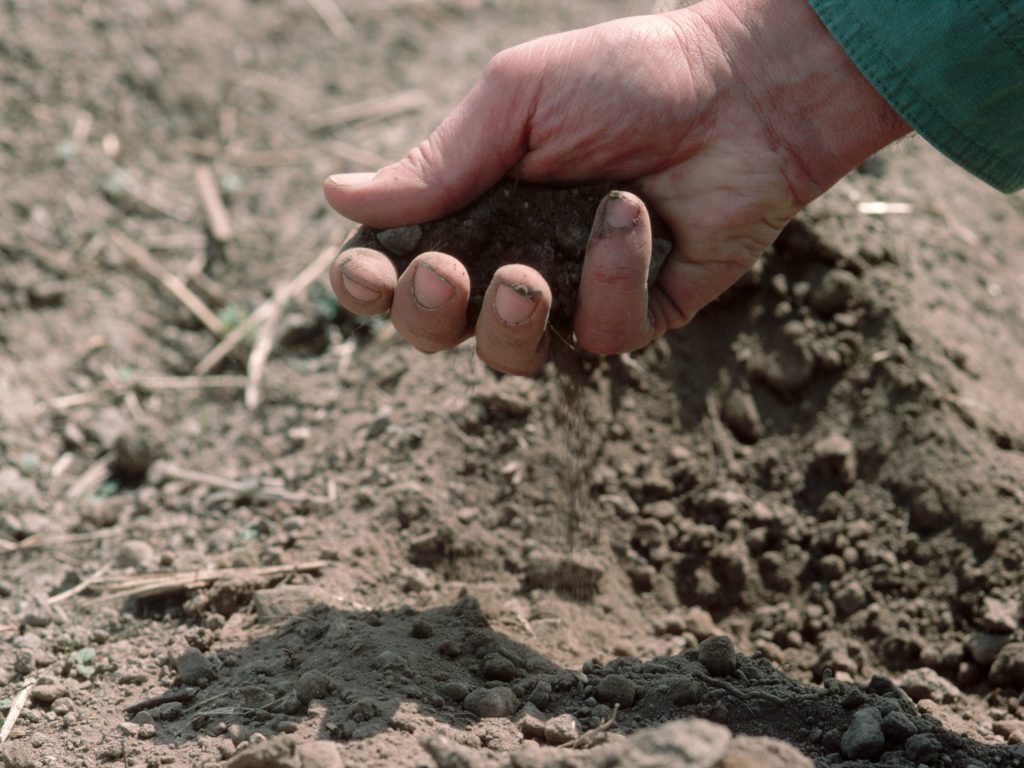- A bacteria strain that causes melioidosis has been found in US soil and water for the first time.
- People mostly catch the bacteria, called Burkholderia pseudomallei, from contaminated soil or water.
- Melioidosis has killed 10 to 50% of people infected in outbreaks worldwide, but antibiotics can treat it.
Melioidosis, a rare and potentially deadly disease caused by a strain of bacteria that has been found in US soil and water for the first time, is unlikely to spread from person to person, according to the Centers for Disease Control and Prevention.
The CDC found the bacteria, called Burkholderia pseudomallei, in soil and water in the Gulf Coast region of southern Mississippi as part of an investigation into two people falling sick in 2020 and 2022, respectively.
Melioidosis has killed between 10 to 50% of people who've caught it in various outbreaks worldwide, the CDC wrote in a health advisory on Wednesday.
People can get melioidosis from contaminated water and soil
People can get infected with Burkholderia pseudomallei and develop melioidosis through direct contact with contaminated soil or water.
A person can become infected if they breathe in contaminated dust or water droplets, ingest contaminated water, have contact with contaminated soil — for example by eating food with soil on it — or if the soil gets into a cut.
Tropical freshwater fish have also been recently identified as a possible source of infection, but contaminated soil and water are the main way people get melioidosis, according to the CDC.
The risk of spread from person-to-person is "very rare," and only a few cases have been documented, it said.
People with certain underlying health conditions are more likely to get sick or die from melioidosis. Both patients in the CDC investigation had known risk factors, the agency said.
As Insider previously reported, any organ is vulnerable to melioidosis, and this means that symptoms vary.
Melioidosis is treated with antibiotics
According to the CDC, the treatment for melioidosis consists of at least two weeks of one set of antibiotics given through a drip in the vein, followed by three to six months of antibiotics taken as a tablet.
The two cases in Mississippi were hospitalized and recovered after treatment with antibiotics, it said.
Melioidosis is now considered endemic in areas of the Gulf Coast region of Mississippi, according to the CDC, and it's unclear if it has spread to other parts of the US. Previously, this type of bacteria was most often found in Thailand, northern Australia, and Puerto Rico.
"Once well-established in the soil, B. pseudomallei cannot feasibly be removed from the soil," the CDC wrote. "Public health efforts should focus primarily on improving identification of cases so that appropriate treatment can be administered."

